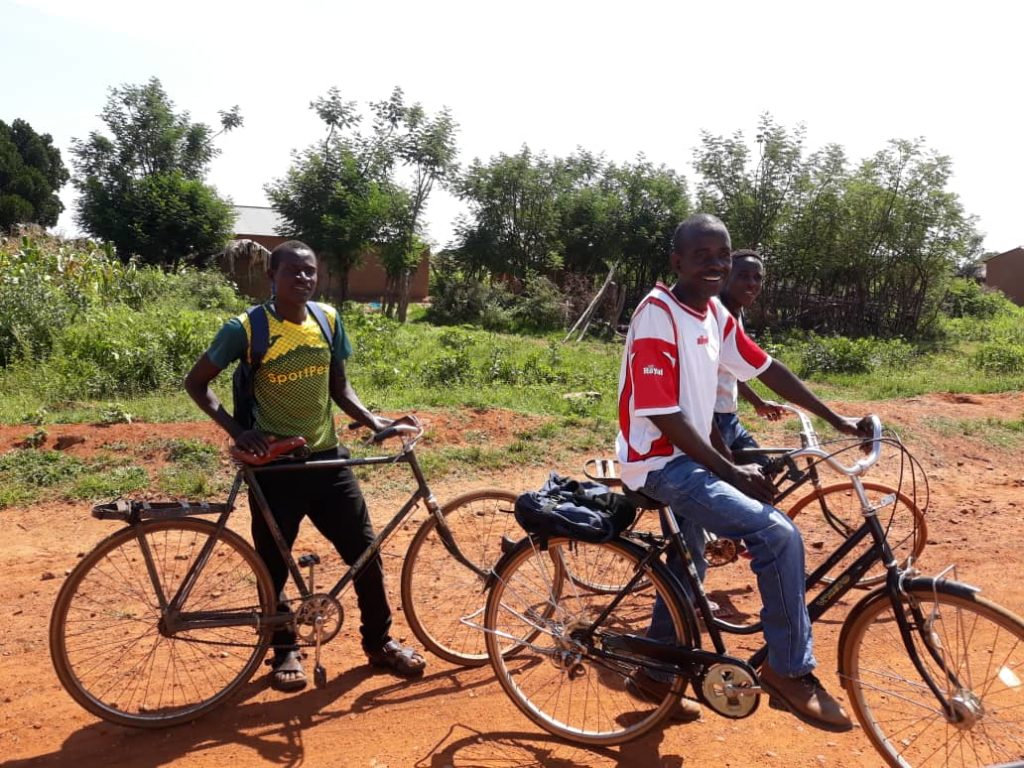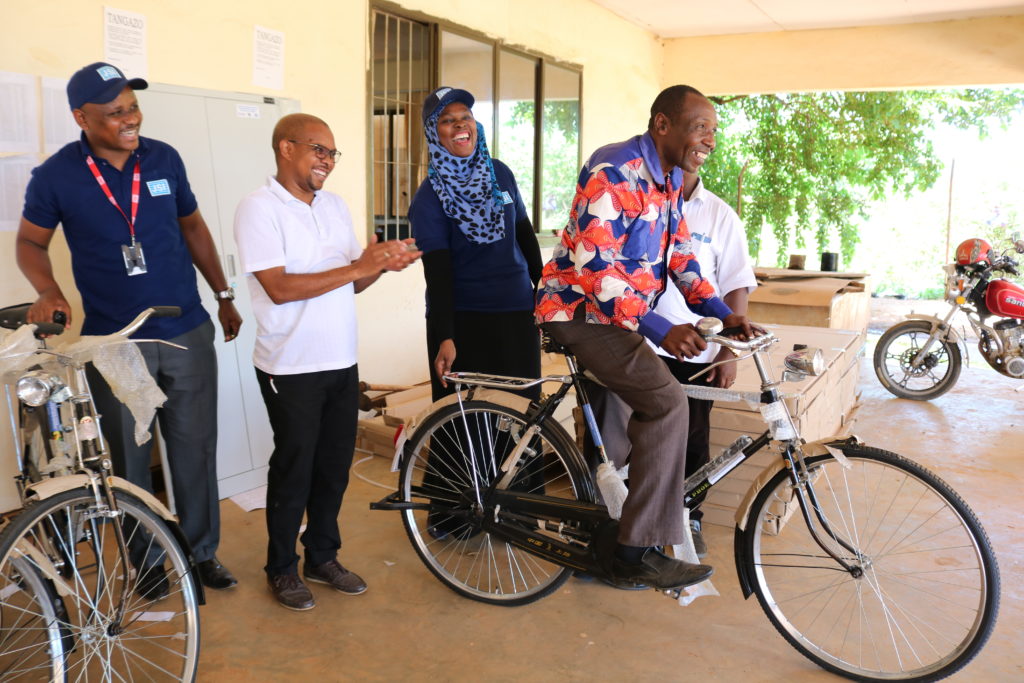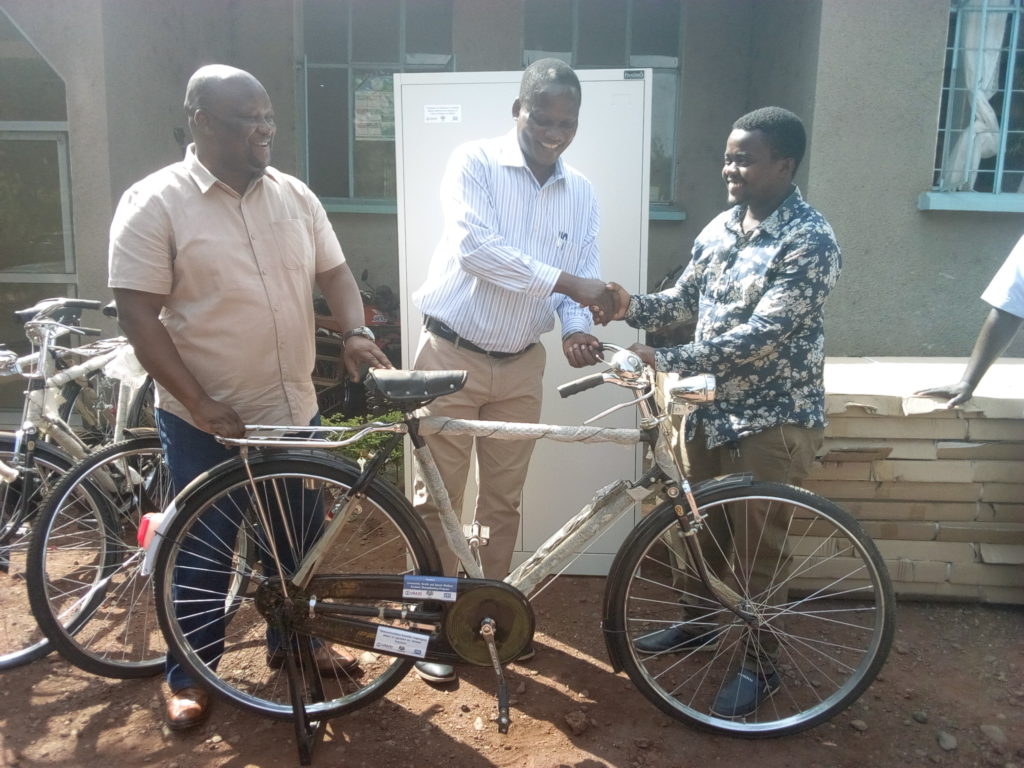Bicycling for Health
June 1st, 2019 | viewpoint
A bicycle is a simple and clean means of transportation. But it’s also a way to deliver critical health services to people, especially those who live in remote areas. In recognition of this, the United Nations declared June 3rd World Bicycle Day.

The UN lauds “the potential of the bicycle to contribute to the achievement of the internationally agreed development goals, including the [UN] Sustainable Development Goals and targets of the 2030 Agenda.”
In Tanzania, more than 700 community case worker supervisors trained by the USAID Community Health and Social Welfare Systems Strengthening Program ride their bikes to oversee community case workers, who identify and track people living with HIV, including young girls and adolescent women, and orphaned and vulnerable children.

One supervisor spoke enthusiastically about the bicycle he received from the program. “Before receiving the bicycle, it was not easy because we used to walk, which took more time. Some of the villages were up to 10 kilometers away. The bicycles help me and my team of case workers reach HIV-affected families in four remote villages in our ward.”

Collectively, the supervisors and the community case workers have linked more than one million people to HIV testing. They are doing important work to help Tanzania reach the UN 90-90-90 goals: diagnose 90% of all HIV-positive persons; provide treatment for 90% of those diagnosed; and achieve viral suppression for 90% of those treated. And they are doing so in an inexpensive, sustainable, and healthy way.
To learn more about the work community case workers do to link vulnerable children and their families to care, watch this short video.
Written by Aliza Hasham
We strive to build lasting relationships to produce better health outcomes for all.